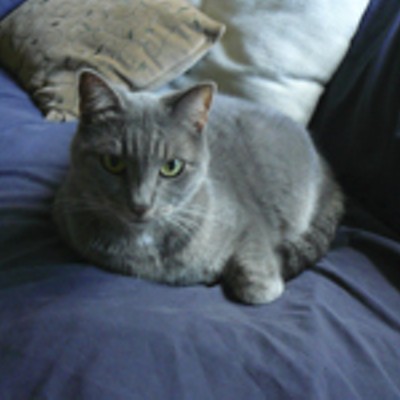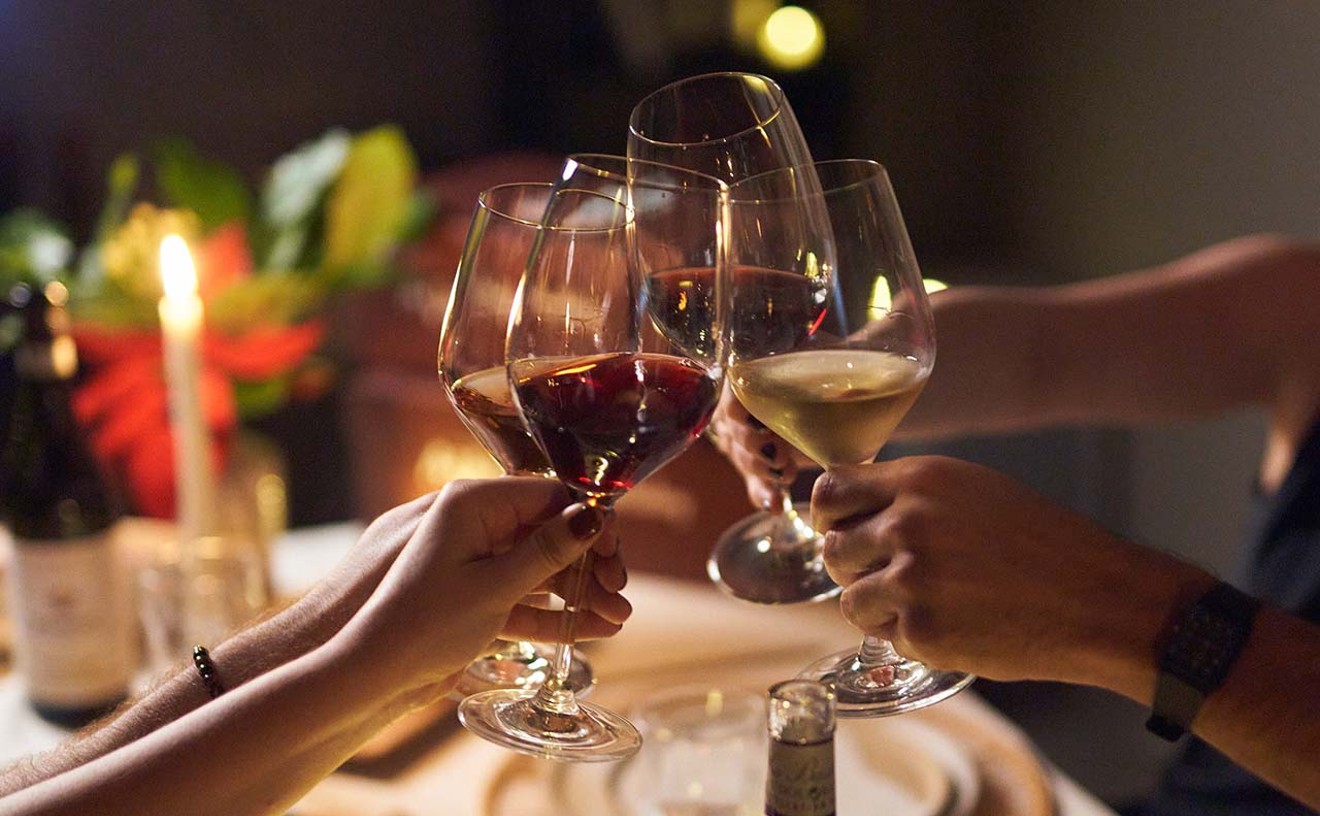The
following passages have been excerpted from a story in Third Helpings, by
Calvin Trillin, which can also be found as part of Trillin's The Tummy
Trilogy, (Farrar, Strauss and Giroux: New York, 1994):
I have been campaigning to have the
national Thanksgiving dish changed from turkey to spaghetti carbonara.
It does not take much historical research to uncover the fact that nobody knows
if the Pilgrims really ate turkey at the first Thanksgiving dinner. The
only thing we know for sure about what the Pilgrims ate is that it couldn't
have tasted very good. Even today, well brought-up English girls are
taught by their mothers to boil all veggies for at least a month and a half,
just in case one of the dinner guests turns up without his teeth... (It
is certainly unfair to say that the English lack both a cuisine and a
sense of humor: their cooking is a joke in itself.)
It would also not require much digging to discover that Christopher Columbus,
the man who may have brought linguine with clam sauce to this continent, was
from Genoa, and obviously would have sooner acknowledged that the world was
shaped like an isosceles triangle than to have eaten the sort of things that
the English Puritans ate. Righting an ancient wrong against Columbus, a
great man who certainly did not come all this way only to have a city in Ohio
named after him, would be a serious historical contribution. Also, I
happen to love spaghetti carbonara.
[In our family]...Thanksgiving has often been celebrated away from home.
It was at other people's Thanksgiving tables that I first began to articulate
my spaghetti carbonara campaign--although, since we were usually served turkey,
I naturally did not mention that the campaign had been inspired partly by my
belief that turkey is basically something college dormitories use to punish
students for hanging around on Sunday... I reminded everyone how
refreshing it would be to hear sports announcers call some annual tussle the
Spaghetti Carbonara Day Classic.
I even had a ready answer to the occasional turkey fancier at those meals who
insist that spaghetti carbonara was almost certainly not what our forebears ate
at the first Thanksgiving dinner. As it happens, one of the things I give
thanks for every year is that those people in the Plymouth Colony were not my
forebears. Who wants forebears who put people in the stocks for playing
the harpsichord on the Sabbath or having an innocent little game of pinch and
giggle?
Finally there came a year when nobody invited us to Thanksgiving dinner.
Alice's theory was that the word had got around town that I always made a pest
out of myself berating the hostess for serving turkey instead of spaghetti
carbonara...
However it came about, I was delighted at the opportunity we had been given to
practice what I had been preaching--to sit down to a Thanksgiving dinner of
spaghetti carbonara.
Naturally, the entire family went over to Rafetto's pasta store on Houston
Street to see the spaghetti cut. I got the cheese at Joe's dairy, on
Sullivan, a place that would have made Columbus feel right at home--there are
plenty of Genoese on Sullivan; no Pilgrims--and then headed for the pork store
on Carmine Street for the bacon and ham. Alice made the spaghetti
carbonara. It was perfection. I love spaghetti carbonara.
Then I began to tell the children the story of the first Thanksgiving:
In England, along time ago, there were people called Pilgrims who were very
strict about making everyone observe the Sabbath and cooked food without any
flavor and that sort of thing, and they decided to go to America, where they
could enjoy Freedom to Nag. The other people in England said, "Glad
to see the back of them." In America, the Pilgrims
tried farming, but they couldn't get much done because they were always putting
their best farmers in the stocks for crimes like Suspicion of
Cheerfulness. The Indians took pity on the Pilgrims and helped them with
their farming, even though the Indians thought that the Pilgrims were about as
much fun as teenage circumcision. The Pilgrims were so grateful that at
the end of their first year in America they invited the Indians over for a
Thanksgiving meal. The Indians, having had some experience with Pilgrim
cuisine during the year, took the precaution of taking along one dish of their
own. They brought a dish that their
ancestors had learned from none other than Christopher Columbus, who was known
to the Indians as "the big Italian fellow." The dish was
spaghetti carbonara--made with pancetta bacon and fontina and the best imported
prosciutto. The Pilgrims hated it. They said it was "heretically
tasty" and "the work of the devil" and "the sort of thing
foreigners eat." The Indians were so disgusted that on the way back
to their village after dinner one of them made a remark about the Pilgrims that
was repeated down through the years and unfortunately caused confusion among
historians about the first Thanksgiving meal. He said,
"What a bunch of turkeys!"











